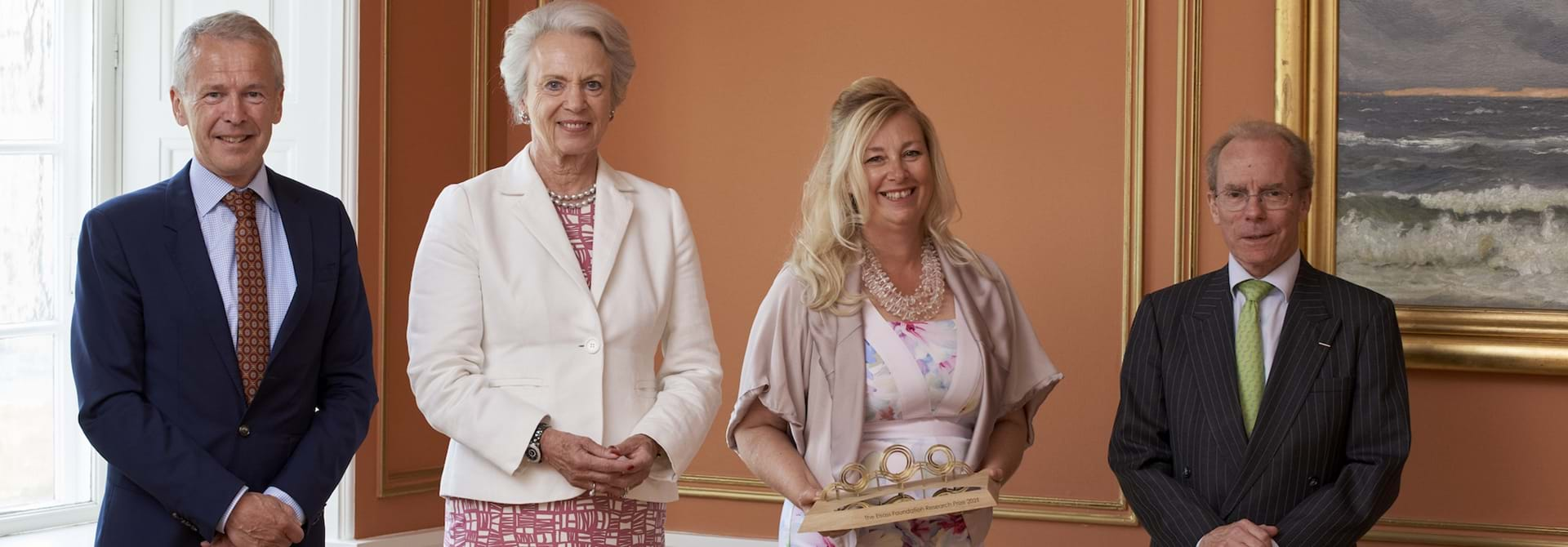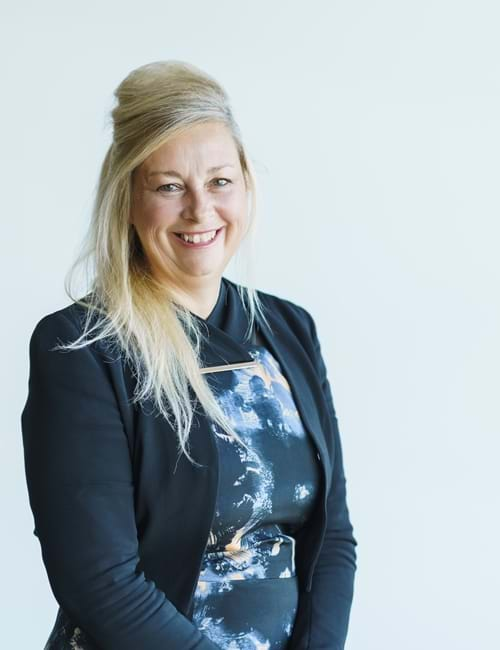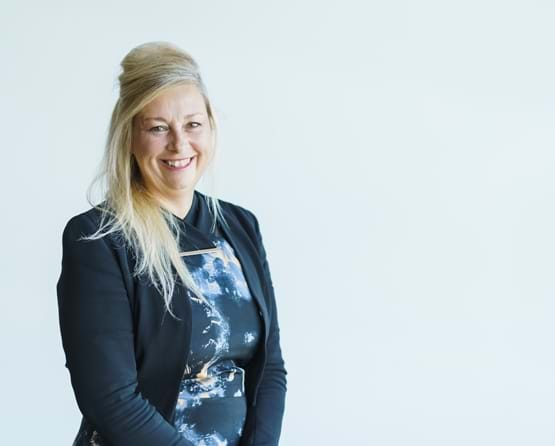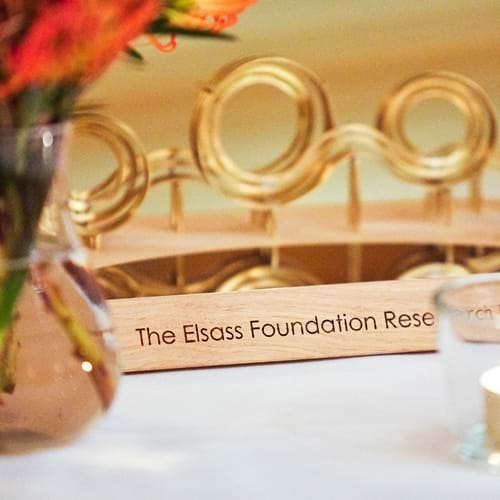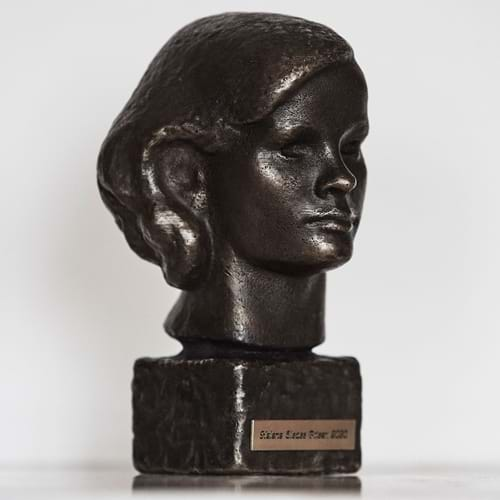Professor is awarded for ground-breaking effort in the field of cerebral palsy
The Australian professor Iona Novak is considered to be a leader in the field of cerebral palsy research. Now she is recognized with the Elsass Foundation Research Prize of 1 million DKK.
The Australian professor Iona Novak has a long history of generating and translating new knowledge about cerebral palsy (CP). Her ambition is to change practices to improve the living conditions of people with CP worldwide. Now she receives the Elsass Foundation Research Prize of 1 million DKK.
The prize will pave the way for her further research.
“Professor Novak is recognized internationally for her leadership and research in the evidence base for rehabilitation, early intervention, and more recently the potential for stem cell therapy towards a cure for cerebral palsy. She is of the highest ethical calibre that has been among our top candidates for the prize and is a stellar recipient of this award,” Professor Thomas Sinkjær, Chairman of the Selection Committee, says.
Professor Iona Novak is grateful to receive the prize.
“This generous prize will help me achieve my vision of transforming practice to improve outcomes for people with cerebral palsy living now. And to seek brain repair treatments that lessens severity and improve quality of life for future generations,” she says.
The prize was presented by the protector of the Elsass Foundation, HRH Princess Benedikte, at the foundation’s premises in Charlottenlund, Denmark on June 14, 2021.
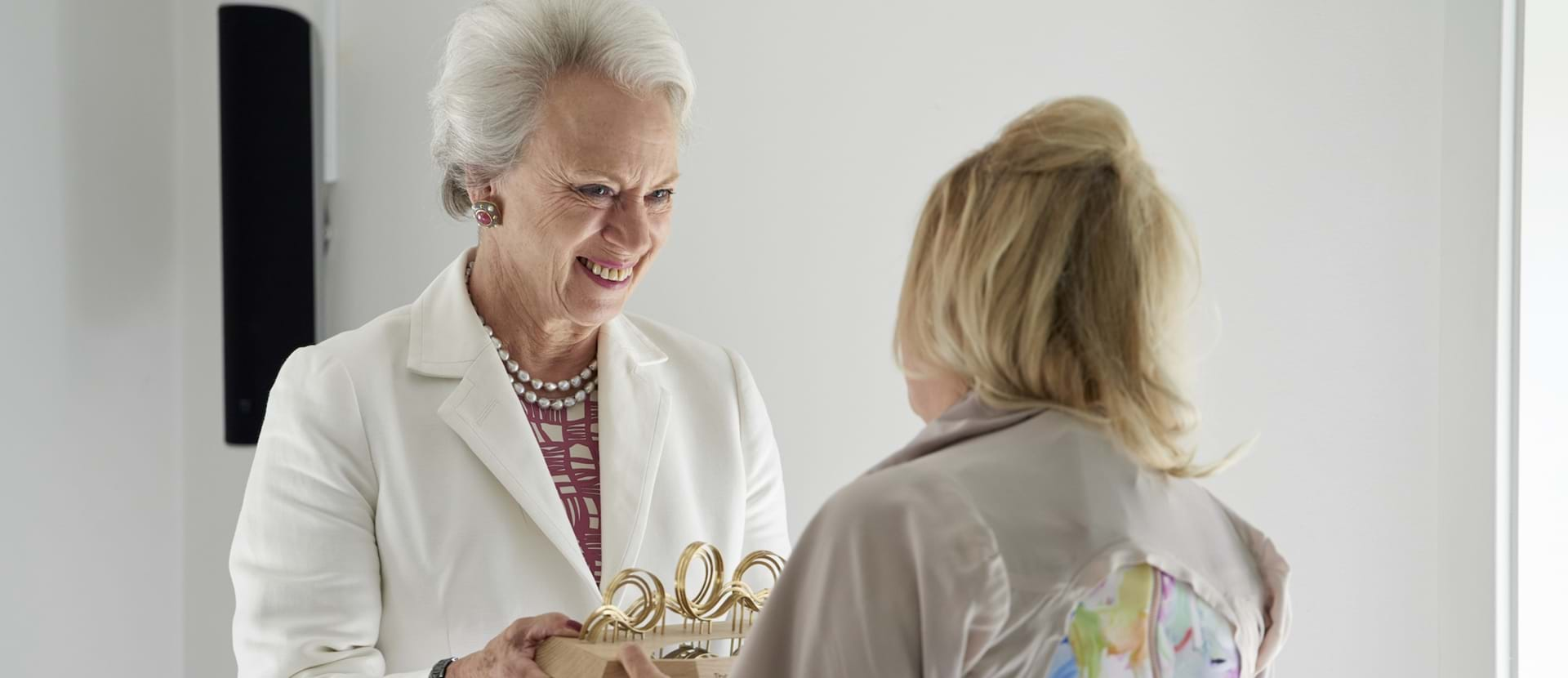
Evidence into practice
Professor Novak is the current Head of Research for the Cerebral Palsy Alliance Research Institute at the University of Sydney. She researches intending to improve living conditions for people with CP.
“The main objective of my research is to discover, test and translate new treatments, in priority areas identified by people with cerebral palsy, Professor Novak says and continues:
“I am motivated by ambitious and ground-breaking research, delivering high impact for people with cerebral palsy.”
According to professor Sinkjær, she is an internationally renowned leader in the field – and with a background in occupational therapy, it gives her an advantage.
“Professor Novak has specific expertise in clinical trials, research mentorship, and accelerating the research translational pipeline of bench-to-bedside-to-policy. Her work has inspired a generation of clinicians and researchers to influence their workplace’s uptake of evidence into practice,” he says.
New ways of doing healthcare
Professor Novak invented the “Evidence Alert Traffic Light System” which can be used in interventions for children with CP.
“I invented the rating system with traffic light color codes to help parents, clinicians and policymakers tell ineffective treatments from effective ones. We then summarised the effectiveness of all treatments into one map, where comparisons can be made quickly,” she says.
The system provides a common language for parents, clinicians, researchers, and politicians, where the green light is a signal that a given intervention is effective and worth trying.
Professor Sinkjær points out that it has had an important impact on the health care system in Australia.
“The traffic light has challenged the status quo, but more notably have encouraged researchers and clinicians to explore new ways of doing healthcare,” he says.
Through global collaborations, the work has been translated into multiple languages and implemented into clinical practice in 24 countries.
The mystery of CP
The Elsass Foundation Research Prize is of great importance, when it comes to Professor Iona Novak's further research.
“The Elsass prize will enable us to continue to improve the quality of services for people with cerebral palsy worldwide, so they can live full lives achieving the goals that matter to them,” Professor Novak says and points out:
“Our research work has been a big team effort and there are so many people to thank: people with cerebral palsy who selected the research priorities, the collaborators worldwide; and the Cerebral Palsy Alliance who had the vision to fundraise and invest in researchers to make and shape a more hopeful future.”
This is the second time The Elsass Foundation Research Prize has been awarded to a significant CP researcher. According to the chairman of the Elsass Foundation, Nick Elsass, it is a very special day.
“It is the year in which the founder of the foundation, Helene Elsass, was born 100 years ago. At the same time, the building where the awarding took place, Uglemose, can celebrate its 100th anniversary,” he says and continues:
“It is a great day where we can help support the research that is so important in the Elsass Foundations’s efforts to increase the quality of life for people with Cerebral Palsy. This year's award recipient is a unique researcher in the CP field, and Professor Iona Novak has the spark and drives needed to create focus and find new ways to crack the code to solve the mystery of CP.”
